My Favourite Hero:
The popular conception of a hero is one who has fought many battles, defeated many enemies and made many conquests. If in addition to the courage and skill that he displays on the battlefield, he has also other virtues like kindness and patriotism, so much the better. Such heroes of history are Julius Caesar, Alexander, Shivaji and Napolean. The heroes of legend and mythology have an importance all their own. Some of these heroes are Arjun, Achilles and Rustam.
The Indian conception of a hero is, however, different. The Indians look upon that man as a hero who has saintliness besides courage and ability. Ram Chandra is regarded to be a God in human form, not because he defeated Ravana, but because he voluntarily went to exile for 14 years so that the word of his father might be honoured. Again, Buddha is considered a Lord because he renounced the world in order to preach and practise truth and non-violence. Ashoka is looked upon as one of the greatest heroes of history because he banished war as a mode of settling disputes among nations and preached non-violence and peace.
In the west, too, the old idea of heroism has undergone a change. The heroes of war are no doubt, honoured. But the heroes of peace are much more honoured because peace has its victories no less renowned than war. Some of the heroes of peace are Pasteur, the famous discoverer of a cure for hydrophobia (the bite of a mad dog). Ross, the discoverer of quinine which is a specific cure for malaria fever, and Gandhiji, the world-famous apostle of truth and non-violence. Although they had no great physical strength, yet they were great in soul and possessed moral strength and courage of their convictions (strong faiths).
My favourite hero is Pt Jawahar Lal Nehru. He was the First Prime Minister of free India. He held that coveted post till his death in 1964. In fact, he was the very soul of this country. Nehru was India and India was Nehru.
Nehru was the champion of peace in the world. He placed before the world his famous principles of panchsheel- the five basic principles of peaceful co-existence. His contribution to world peace is known to all. It was he who brought an end to the Korean War and sent Indian troops to keep the peace there during the cease-fire.
Again, it was at Nehru’s instance that India intervened in the Vietnamese crisis and brought about peace. An International Control Commission was set up of which India became the chairman. Nehru was the most fearless and bold critic and a born enemy of imperialism, colonialism and capitalism. He was a supporter of socialism and democracy. He wanted all the countries of the world to be free and prosperous. Nehru never bowed before falsehood or injustice. He always stood for truth, peace and right. His voice was heard with due regard and attention in world affairs. He was the most beloved leader, the wise statesman and the most impartial administrator.
He was a true believer in secularism. He kept religion at an arm’s length from politics. He hated communalism from the core of his heart. “All minorities enjoy equal rights in India and can aspire after and attain the highest rank in public life,” said he. Thus our Constitution makes no distinction of caste, colour, creed or sex.
Pt Nehru was the maker of Modern India. Under his able leadership, India made all-around progress. He laid special stress on industrialization which is the basis of all development. For the development of agriculture, he built dams for large scale irrigation and made electrification of rural areas possible. He also encouraged nuclear research and the production of atomic energy for peaceful purposes. He placed India on a sound industrial footing and gave the rule of law, which were his greatest contributions to free India.
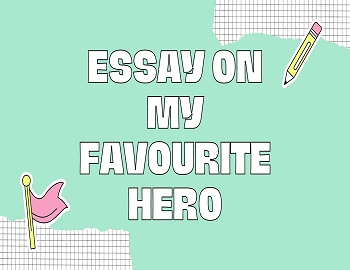
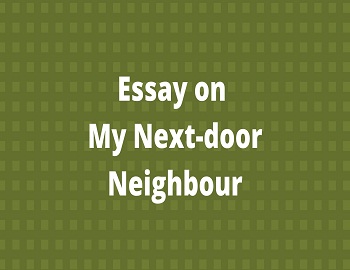
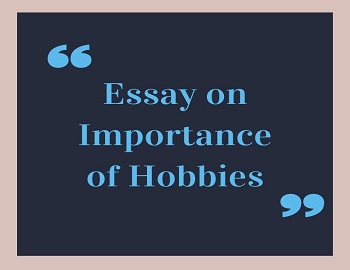
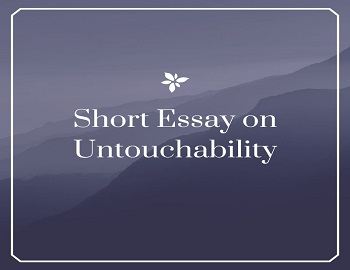
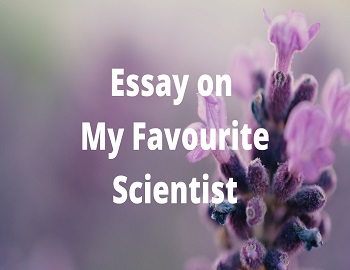
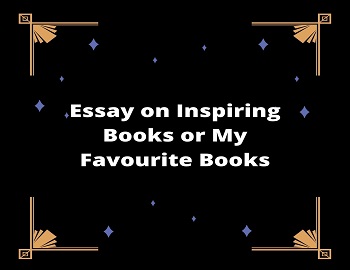


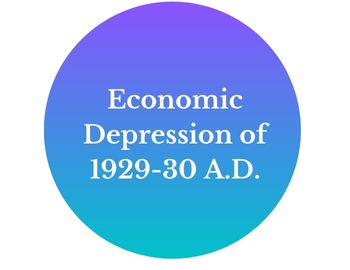
Comments (No)